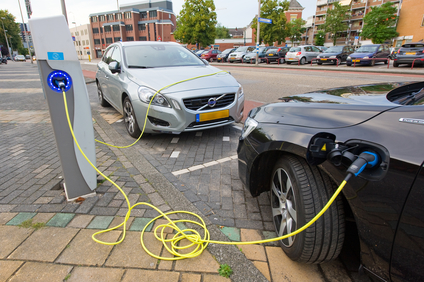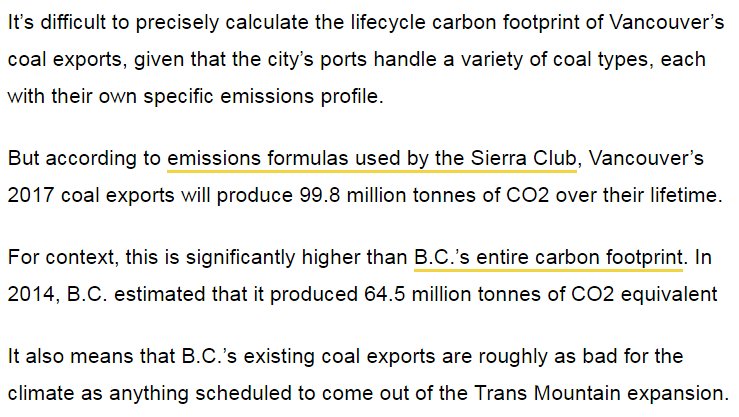Canada is run by idiots.
Prime Minister Justin Trudeau announced this month his government would move to impose a minimum price on carbon (i.e., a carbon tax) on any province or territory that did not voluntarily do so by 2018. The question most Canadians are asking is: how much will this new tax cost us?
Figures will vary by household and province, but by 2022, when the tax will be a minimum of $50 a tonne, the average Canadian household could face $2,569 in new taxes. This, pro-carbon taxers insist, is necessary to reduce Canada’s carbon emissions. After all, climate change is a global issue. Surely Canadians must do their part to help solve the problem.
On the surface, this argument is extremely appealing. And sometimes, sacrifices must indeed be made in the service of an important objective. But to get a sense of just how much Canadians’ sacrifices will help in achieving the goal of fighting climate change, it’s worth unpacking the numbers.
We can start with the Trudeau government’s carbon emissions target for 2030, which would bring Canada’s total annual emissions down from 748 megatonnes (Mt) this year, to 524 Mt by 2030. Assuming we can meet that target — and that’s a big assumption — Canada’s total annual emissions would drop by 224 Mt.
Now consider the biggest contributor to global carbon emissions: China. In 2014, China’s annual carbon emissions were estimated at 10,540 Mt. China is a very large and rapidly developing country. It understandably wants to focus on raising the living standards of its people. Yet, despite strong economic growth in recent decades, the country still has hundreds of millions of people living in relative poverty, especially when compared to more developed countries like Canada. Accordingly, its climate change commitments are less stringent than Canada’s: China’s existing policy will see annual carbon emissions rise to about 13,600 Mt in 2030.
Its annual emissions will thus increase about 3,060 Mt over this period, which means that by 2030, all Canada’s efforts will be cancelled out by just 27 days’ worth of China’s increased carbon emissions.
Article here.


